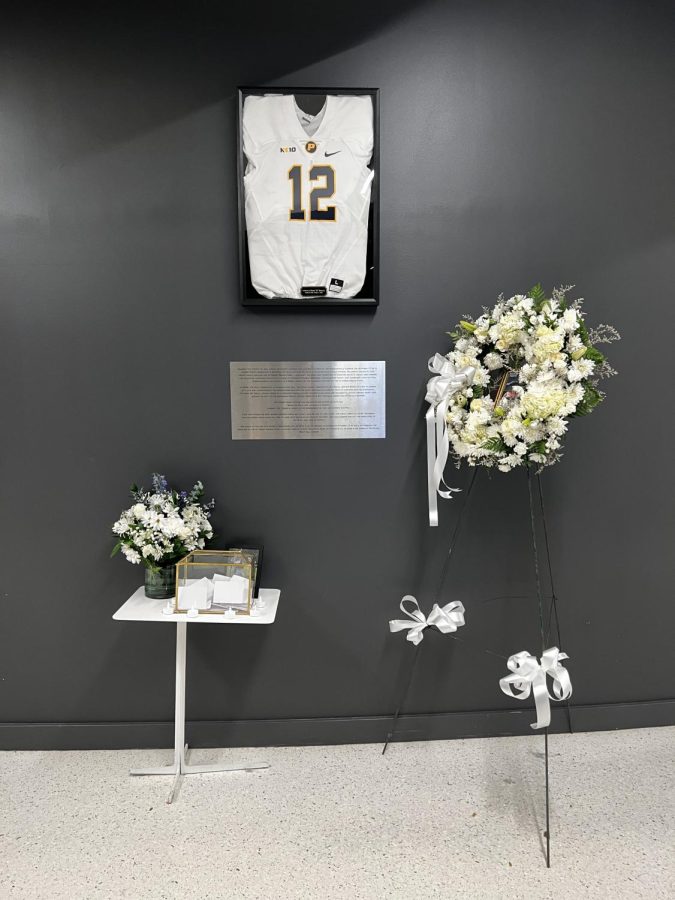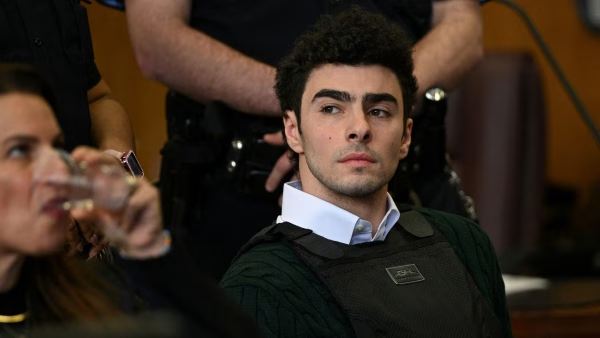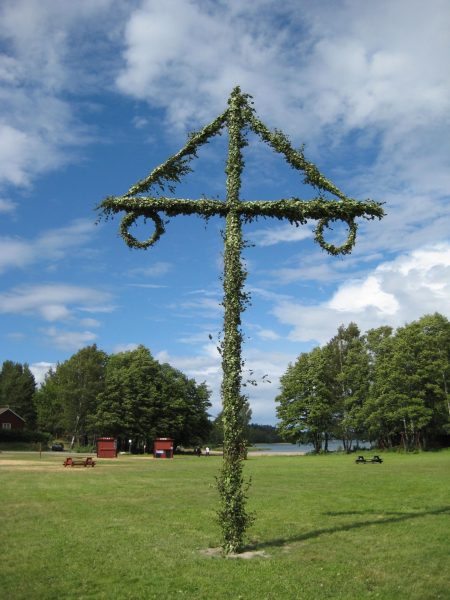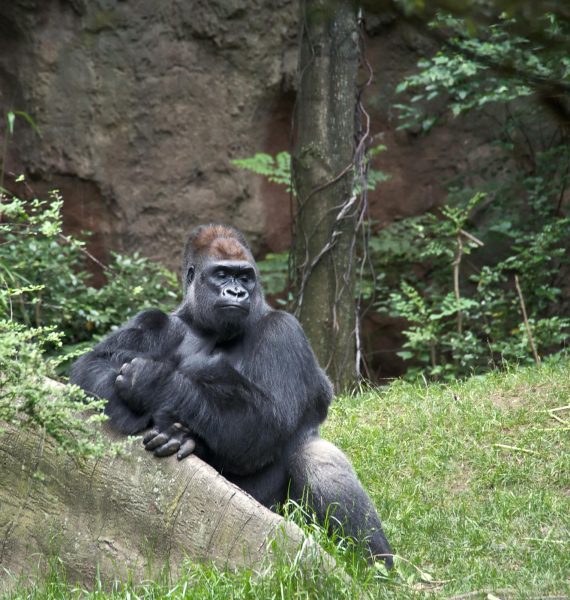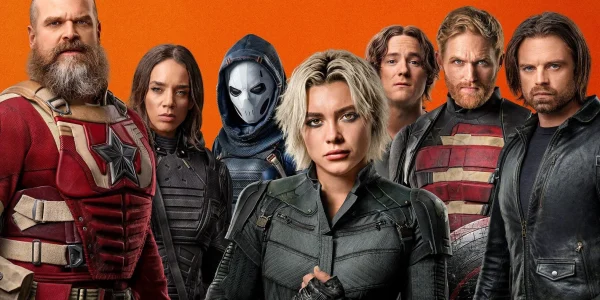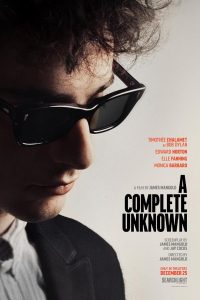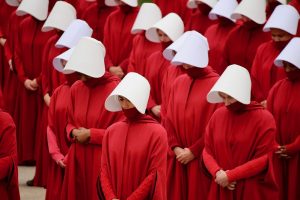Remembering DJ Henry at third annual Social Justice Week
Danroy “DJ” Henry’s football jersey hangs on the wall across from the Student Center in One Pace Plaza with a new plaque. A box of notes sits on the table, written at DJ’s Candlelight Vigil on Oct. 24 from students and faculty to reflect and remember those who have died at the hands of police brutality. (Photo/Mandi Karpo)
November 2, 2022
In memory of former student Danroy “DJ” Henry, the University hosted its third annual Social Justice Week (SJW) on its New York City and Pleasantville campuses from Oct. 24 to Oct. 29., to raise awareness on racial injustice, white supremacy, societal insecurities and the historical significance regarding a multitude of elements that perpetuate racial and social indecency.
Henry, 20, was a defensive back for the University’s football team and a Business Management major on the Pleasantville campus. On Oct. 17, 2010, he played in the University’s homecoming game and while waiting for his friends to celebrate, Pleasantville Officer Ronald Beckley asked Henry to move his parked car from the fire lane. When Henry tried to comply, Officer Aaron Hess, moved his vehicle in front of Henry’s, drew his gun and shot Henry because he believed he blatantly disobeyed Officer Beckley’s command. Hess proceeded to mount the hood of Henry’s car and shot him four more times through the windshield. Henry was then dragged from his vehicle, handcuffed face down on the pavement and did not receive medical treatment for nearly 10 minutes before paramedics pronounced him dead on arrival. Henry would have turned 32 on Oct. 29.
The University sponsored 36 events this year, including a conversation with New York State Senator Brian Kavanagh on housing stability and tenant protection moderated by Pace Debates Vice President Taylor Mangus, a tour of the Financial District through a racially accurate lens and discussions surrounding the lack of access to feminine hygiene products, among others.
“My advice is to dive in and take advantage of the opportunities and see where your passions lie and once you find that out, find where you can dedicate some of your time and energy to make a difference,” said Todd Smith-Bergollo, Senior Associate Dean for Students. Smith-Bergollo has overseen the planning committee behind SJW for the past two years.
University students Marisa Medici, SJW Committee Co-Chair and Tasfia Rahim, Co-Marketing Chair for the SJW Committee are exemplary to Smith-Bergollo’s advice, having co-founded Fare Trade, a 100 percent student-led mutual aid initiative working to alleviate food insecurity within the University. The program enables University students to give and receive dining dollars that are reallocated into a mutual fund at Cafe 101 registers. To reallocate funds, students can ask, “Can I also get a Fare Trade?” upon checkout; one fare trade equals fifty cents.
The two hosted an event surrounding food insecurity during SJW to paint a picture of “what [food insecurity] looks like on college campuses, how students can see the symptoms of food insecurities and also know that they have access to the resources that are available at Pace,” Rahim explained.
“[It’s] a great privilege to be in a community of learning and to have these amazing opportunities, particularly this week, to learn and grow,” said Smith-Bergollo. “It is such an opportunity for us to make a strong statement about what are the values of the Pace community. I believe those values include inclusivity, understanding and reaching towards justice.”
“Social Justice to me is when people are able to look beyond their own perspective, the privileges and experiences that they’ve had and are able to put that aside to see the injustices that other people may be facing,” said Rita Scott, Black Student Union (BSU) Treasurer and member of the DJ Henry Memorial Committee. “To be able to recognize where harm is being done, whether that be from them personally or from the system, and being able to make moves to bring equity, proper recognition and resolution.”
Kicking the week off, the BSU and the SJW Committee hosted a candlelight vigil for Henry on Oct. 24 outside of the Student Center and inside the Zannino Conference Room. Students and faculty joined in the Conference Room as a time of reflection and remembrance and were given the opportunity to write the name of or letter to someone they knew, or someone’s story that has resonated with them, who has lost their life at the hands of police brutality and racism.
Upon leaving the Conference Room, Scott moderated the Vigil with opening and closing remarks. Caitlyn Joi, a member of BSU, sang a heartwarming rendition of “Lift Every Voice and Sing,” the Black National Anthem. Courtney Chaney, Vice President of the BSU, followed with a speech that went into the grave details that led to Henry’s death.
The Creative Director of BSU and Vice President of the University’s NAACP Malaika Pedzayi-Ferguson’s speech was chilling to the core when she spoke about the reality of being a Black student and experiencing systemic racism within the University’s walls.
“Ask [a Black student on campus] what life at Pace is like, and you might think we are on two completely different campuses,” she said to those in attendance. “Our experiences are so different that sometimes the only place we feel safe to talk about them is amongst one another in a space like a Black Student Union meeting.”
Despite reports of racial injustice and discrimination on campus, students have reported minimal change being done on the administration’s behalf.
Smith-Bergollo recognized that “It’s always disheartening to hear if any student doesn’t have the best experience at Pace,” he said. “I want every student to have an amazing and positive experience and for each student to feel included and celebrated in our community. And that’s not the case, but that’s the hope and that’s the vision.”
According to Pedzayi-Ferguson, it took her four years at the University, watching her and her friends “suffer and defend [themselves] against rampant racism from students, faculty and administration,” before learning Henry’s story, she disclosed in her speech.
Scott had a similar experience, stating that “especially at the New York City campus, it was something that was very under wraps for some reason,” having not learned about Henry’s story until 2020, when she asked a fellow BSU member the significance behind Henry’s football jersey that is now framed on the wall across from the Student Center.
When asked why it took nearly 10 years for the University’s NYC campus to memorialize Henry, Scott believes George Floyd’s case in May 2020 and the Black Lives Matter movement, which advocated upending racially driven violence, played an important role. “Because every company, every corporation, every university, was saying something, Pace knew that if they were to stay quiet like they had been, it would’ve had a negative impact on the University’s image,” she noted.
Amongst those responsible for orchestrating SJW are 39 University students and staff members, including BSU, Smith-Bergollo, Medici and Rahim. The purpose of SJW, Smith-Bergollo explained, is to welcome opportunities for students to share their experiences, concerns and successes as well, in hopes of continuing uncomfortable but necessary conversations around social justice issues that students are passionate about. The emphasis, however, is to have discussions and host events regarding social justice issues year-round.
To encourage the student body to actively implement social justice and anti-racism practices in their everyday life, Scott advises students to be “open to hearing the viewpoints of other people that are saying you’re doing harm, to relearn different things that you might have learned along the way that you haven’t been corrected on, to acknowledge the privilege that you may be experiencing” and to execute these steps to make internal changes.
Students and faculty throughout the week additionally fundraised for the DJ Henry Dream Fund, founded in 2011 by Henry’s parents, whose mission is to honor their son’s legacy “by providing funding to Massachusetts youth who want to experience something they love but can’t afford it,” as seen on the DJ Henry Dream Fund pamphlet distributed at Henry’s candlelight vigil.
The Dream Fund caters to children from ages five to 18 to provide scholarships to attend athletic programs, summer camps, performing arts programs and community-based organizations while also collecting sports equipment later donated to children in need, as Henry once did for his fellow community.
SJW serves as a call to action to University students and faculty, educating the University community on topics of social and racial justice, inclusion and equality in honor of Henry. Students and faculty should consider making a direct donation at DJDreamFund.org to allow the Henry family to continue their son’s legacy.
Formal mechanisms that exist in the University to report claims of biases, harassment, discrimination or sexual assault concerns can be reported to the Office of Institutional Equity or Title IX Compliance. According to the University’s Policy and Procedure, University officers, administrators and other employees with managerial or supervisory authority must report any discrimination, harassment or retaliation that comes to their attention, regardless of whether a complaint is made. Any processed reports are kept confidential through the Title IX office and cannot be shared publicly with anyone under any circumstance. Informal and intimate support can be found in other offices like Student Affairs, Multicultural Affairs or the LGBTQA+ Center.

